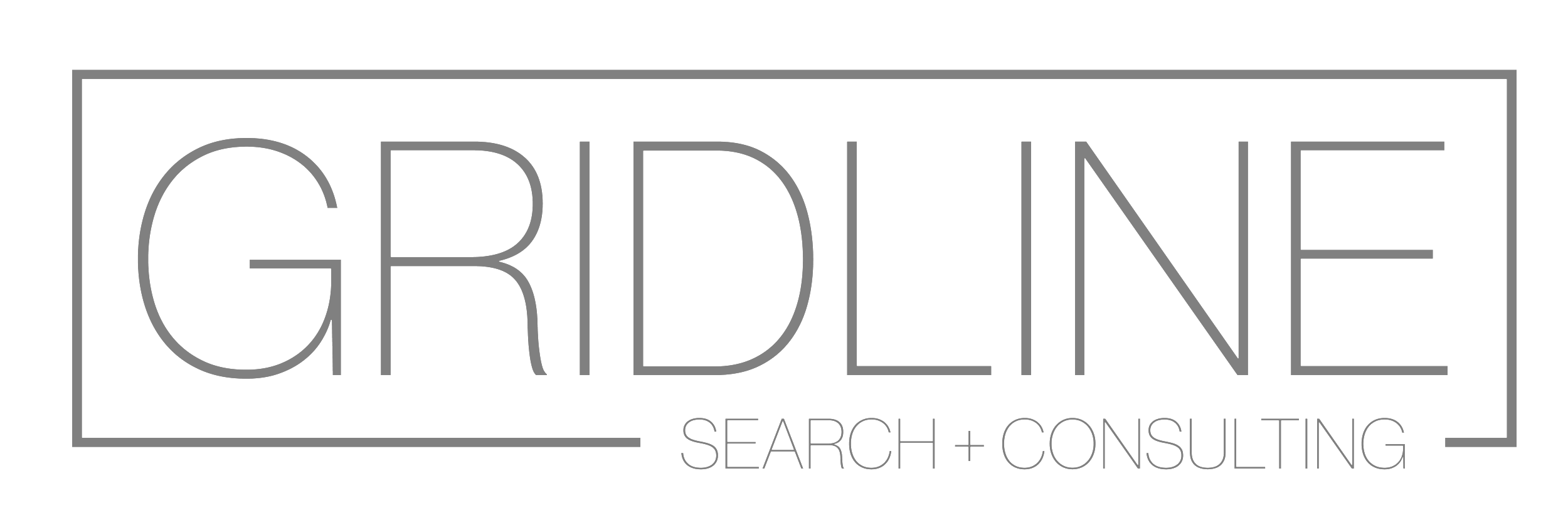5 Tips for Super-Tailoring Your Legal Resume
When you submit for an open legal position as an associate, your resume should be as tightly tailored to that position as possible. This may mean working with your recruiter on multiple versions of your resume depending on the mix of positions to which you are submitting applications.
Recognizing that recruiters may only read your resume to understand your credentials and professional story, "super-tailoring" your resume is essential.
Even if a position openings asks for other materials that contextualize your background (like a cover letter or matters list), the recruiter may not even get to these materials if your resume does not make sense for the position. As a result, a strong tailored resume is the most important part of the application packet for a legal position. Start by getting the basics of the resume down- see here. Then, review my tips below for "super-tailoring" the resume:
Make sure your work experience reflects the specific qualifications identified in the job description. Many applicants don't follow this basic rule and it's very frustrating to internal recruiters. Look at the posted job description online (if this is not available, see if your recruiter can provide more detail). Use language in the experience descriptions in your resume that reflect these requirements. Specific language is important. As an example, take a job description that looks for associates with "transactional experience, preferably including experience with project development and/or finance." If your background covers a wide mix of M&A deals across a range of industries, then for purposes of your resume work descriptions, make sure to prioritize and emphasize any deals that had a project finance and/or energy industry connection. This may mean that other parts of your experience are not included. That's OK. You can be more comprehensive in your attached deals list. For the resume, make it clear that you have experience in the specific area(s) requested.
Get information about the practice group and client base relevant to the opening and tailor your work experience accordingly. In order to know what a law firm truly needs for an opening, you need to go beyond the job description. Your recruiter should have more specific details about the nature of the practice group and the specific client base. For example, is a majority of the work in the practice group done for just a handful of local private equity firms? Is there an industry that makes up more than 50% of the work in a firm's commercial litigation group? This additional detail will be helpful when writing up your work experience descriptions in your resume and, in particular, any case or deal examples that you choose to use in the resume.
Include information that shows geographic ties. If you are applying to a position in a location that you are not currently working, this is essential. For example, say you are located in New York, but looking to move to the San Francisco office of a different law firm. You may think it is enough to show ties because you went to school in the Bay Area and/or you are barred in the state of California. But is there anything else? Some community service or activity that you used to do that can go in the Personal section at the bottom? An older internship or two in the Bay Area that you can include in order to reveal that you actually grew up in the area? Remember, the cost of a lateral hire with a geographic move is more expensive than a local hire. Make it clear in the resume that you intend to move and move for good. (For more on the topic of relocation, see my FAQ).
Put the essential information at the very top. Depending on the opening, there may be some baseline credentials that a candidate needs to have in order to move forward with a candidate. Make sure this information is at the very top of your resume underneath your name and contact details. The most common examples are bar admission, required language skills and the ability to work legally.
Use your limited resume space on information that is most relevant to the position. Your resume is only 1 page and there's a lot of information to get across. Only keep in the information that offers some relevance to the particular position. This may mean dropping off old jobs as well as school activities and honors in order to provide more space (at least a full paragraph) to your most recent legal experiences that are relevant to the opening. You want to make it easy for a reader's eye to focus on the key information. If your current job and law school are buried in a list of experiences in accomplishments, then a recruiter won't be able to get the most important information they need to make a decision about your candidacy.
